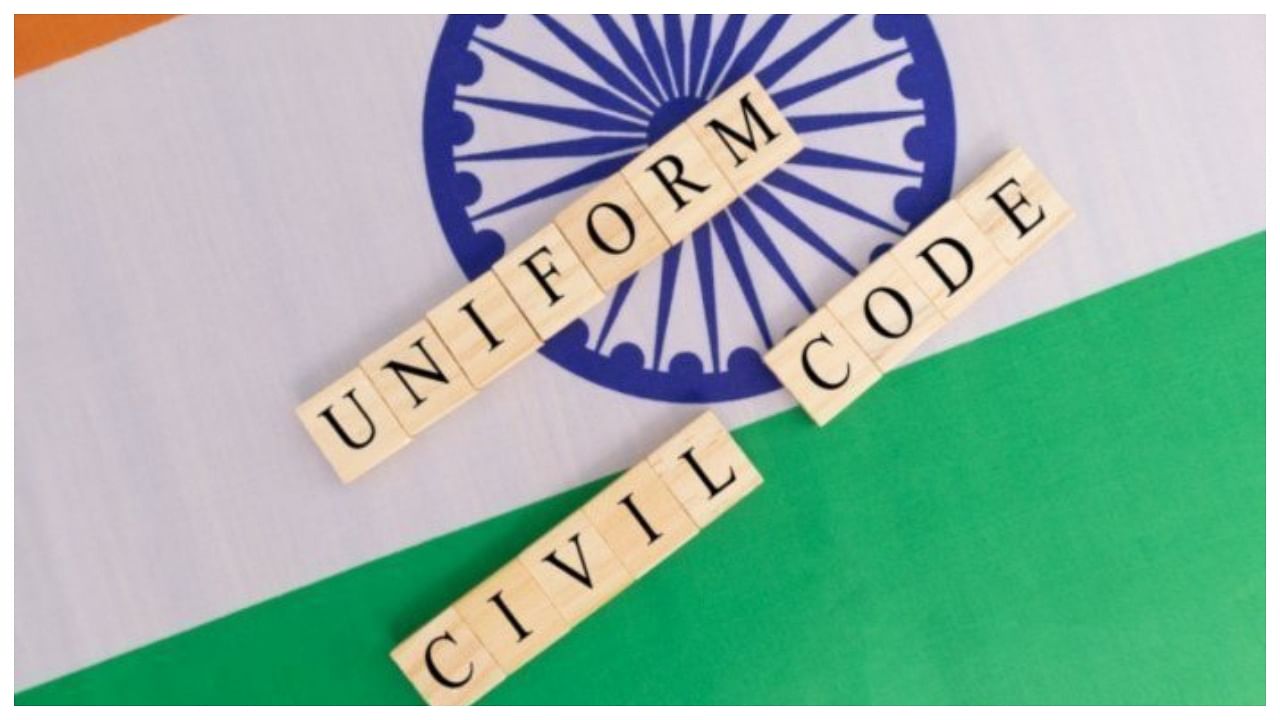
In its manifesto for the Karnataka Assembly Elections 2023, the Bharatiya Janata Party (BJP) has promised it will implement Uniform Civil Code (UCC) if it returns to power in the state.
For a long time, the UCC has been a very hotly debated issue. Let’s try to understand it wholesomely.
Article 44 of the Indian Constitution
The term Uniform Civil Code finds a mention in Article 44 of the Indian Constitution. It says: “The State shall endeavour to secure for the citizens a uniform civil code throughout the territory of India.”
Meaning of UCC in layman’s terms
In simple words, the UCC, when implemented, proposes to be a law that applies to all sections of the society, irrespective of their religion, gender and even sexual orientation.
The underlying principle behind the proposed law is that religion and law are unconnected.
Marriage, divorce, maintenance, inheritance, adoption and succession of the property are the areas which the proposed law covers.
The UCC and the drafting of the Indian Constitution
When the framers of the Indian Constitution broached the topic of a common civil law, they received massive opposition as it would touch upon sensitive topics of religions.
So the framers deemed it fit to bring it under the Directive Principles of State Policy (DPSP). But it is to be noted that DPSP is not enforceable by law.
Personal Laws
It was during the British Raj that the personal laws were first framed, for both Hindus and Muslims. But as they feared clashes by religious leaders, the British decided not to venture into the subject deeper.
After Independence, Hindu code bills were introduced which paved the way for reformation in personal laws in sects of different Indian religions (Buddhism, Hinduism, Jainism). However, Christians, Jews, Muslims and Parsis were not included as they were identified as distinct communities.
One important reform in the early years of Independence was ‘The Hindu code bill’ legalising divorce, opposing polygamy, giving inheritance rights to daughters.
The other one, ‘The Special Marriage Act’ was also a major reform in the sense that it provided for marriage outside of any religious personal law.
Also Read: Opposition to idea of UCC wrong
The Shah Bano case
Any discussion on UCC would be incomplete without a mention of the Shah Bano case of the year 1985.
Shah Bano, a 73-year-old woman got divorced by her husband by the triple talaq method. She was further denied maintenance. She knocked on the doors of lower courts, which ruled in her favour. However, her husband approached the Supreme Court. But the top court too ruled in her favour, under the “maintenance of wives, children and parents” provision (Section 125) of the All India Criminal Code, which applied to all citizens irrespective of religion.
It was here that the top court batted for the UCC.
The political reactions
Under pressure from religious groups, the then Rajiv Gandhi-led government passed the Muslim Women's (Protection of Rights on Divorce) in 1986. This made Section 125 of the Criminal Procedure Code inapplicable to Muslim women.
Even to this day, the debate to implement such a law refuses to die. While there are many who feel that personal laws should not be touched, there are others who feel that a common law which encompasses all sections of the society, irrespective of their affiliations, would provide an even field for all.
Presently, Goa is the only state which has the UCC.